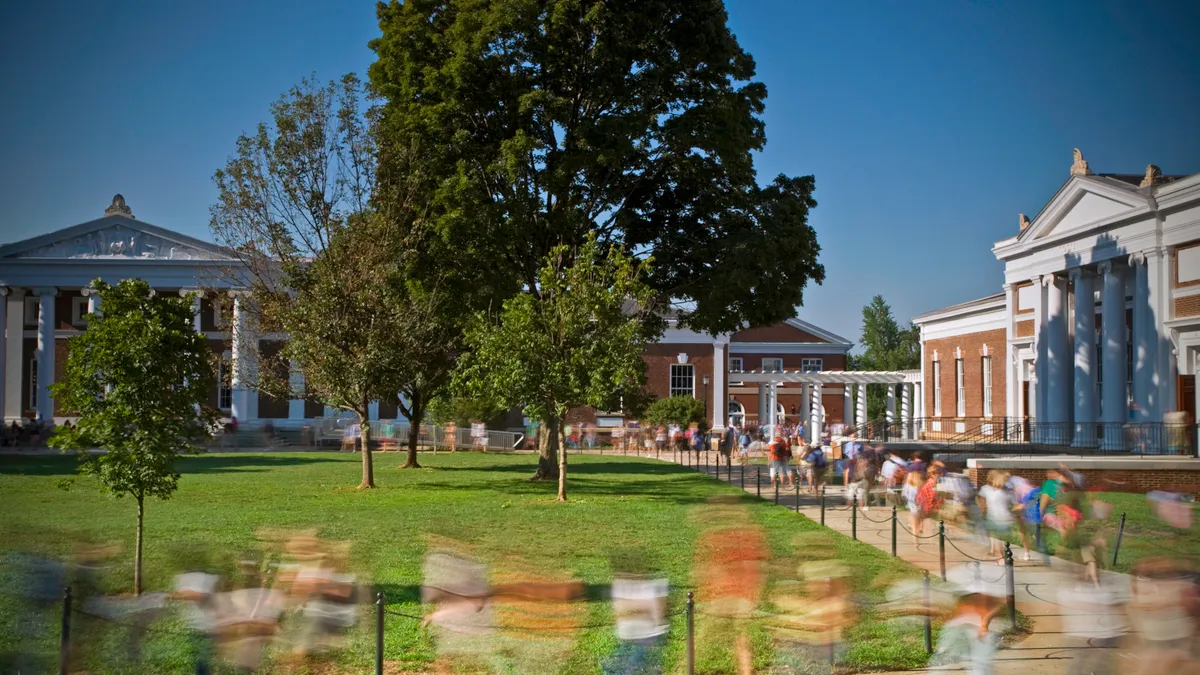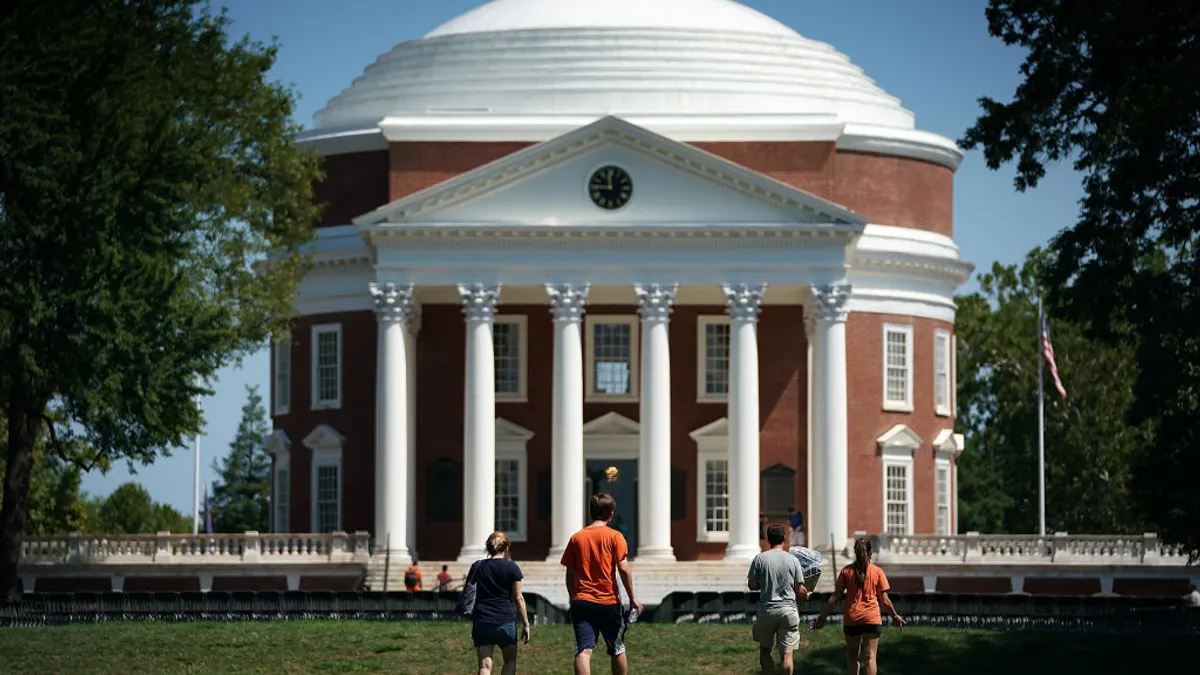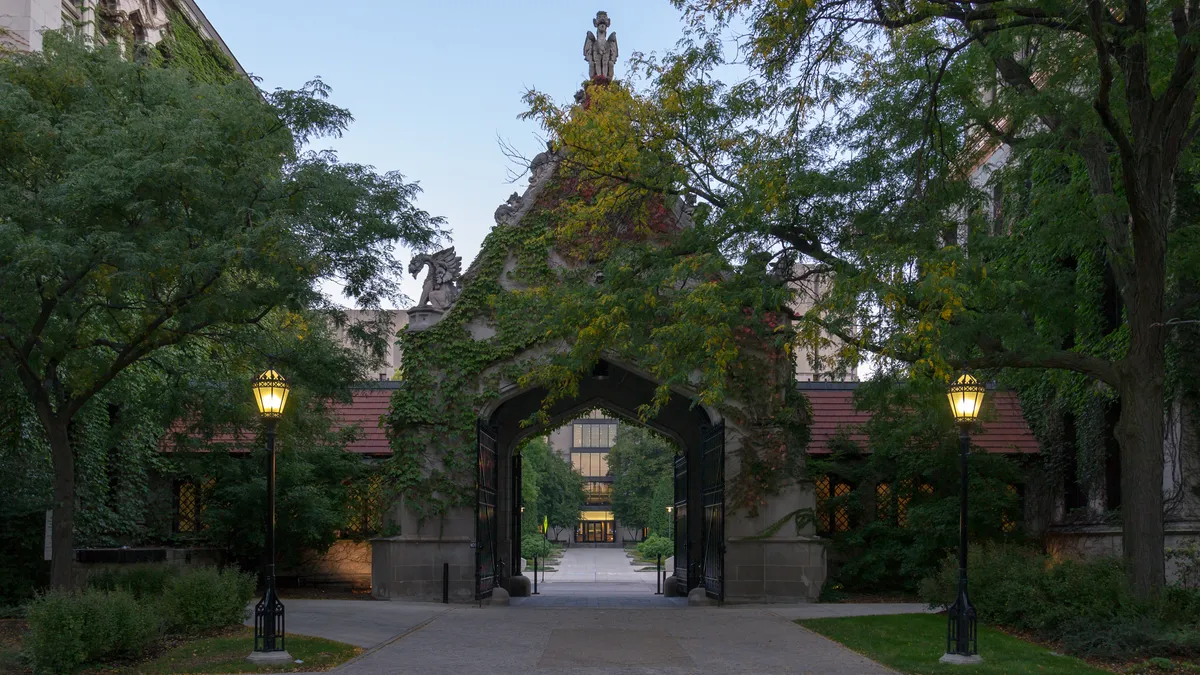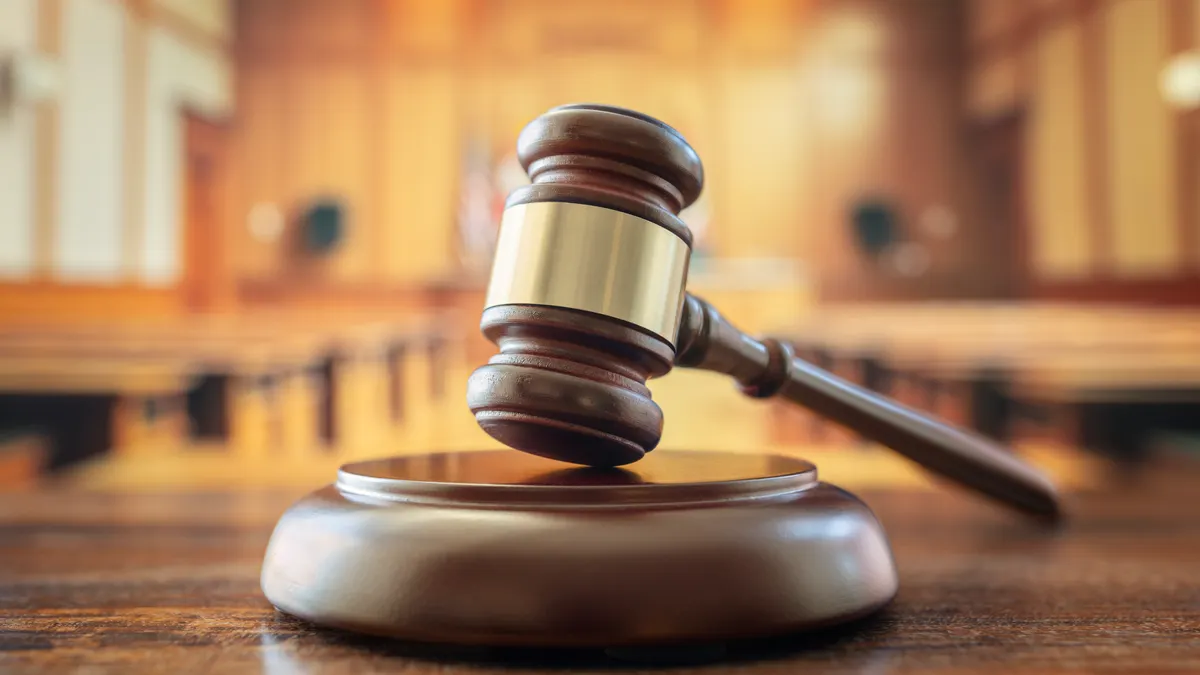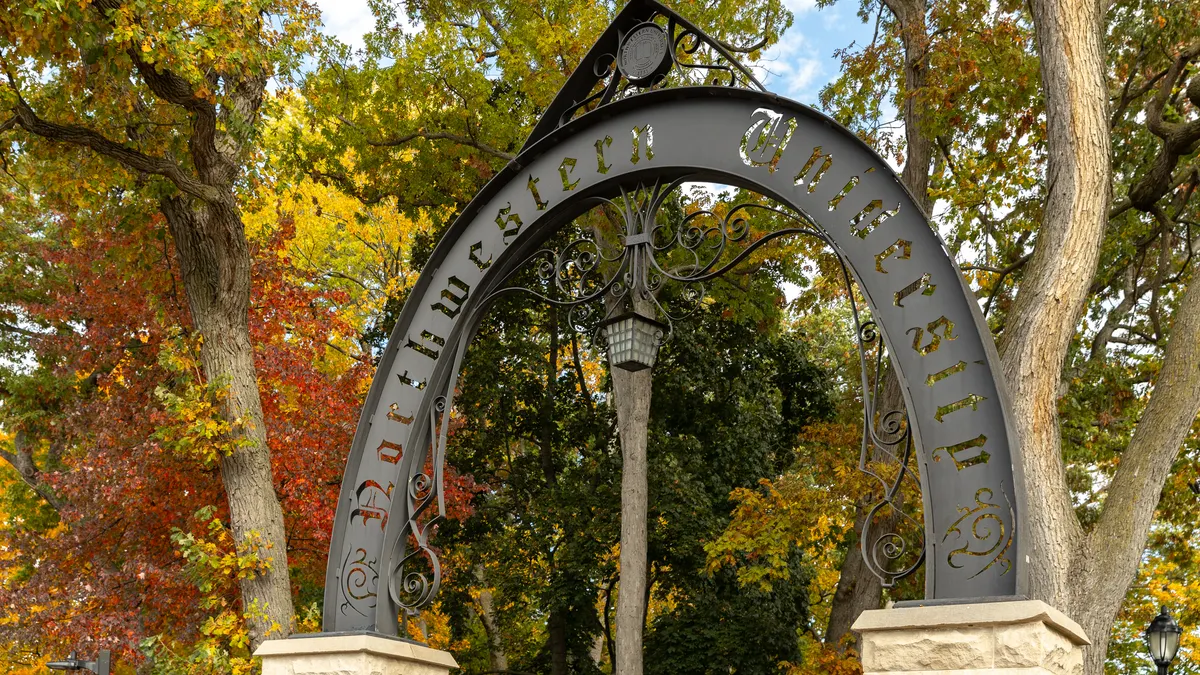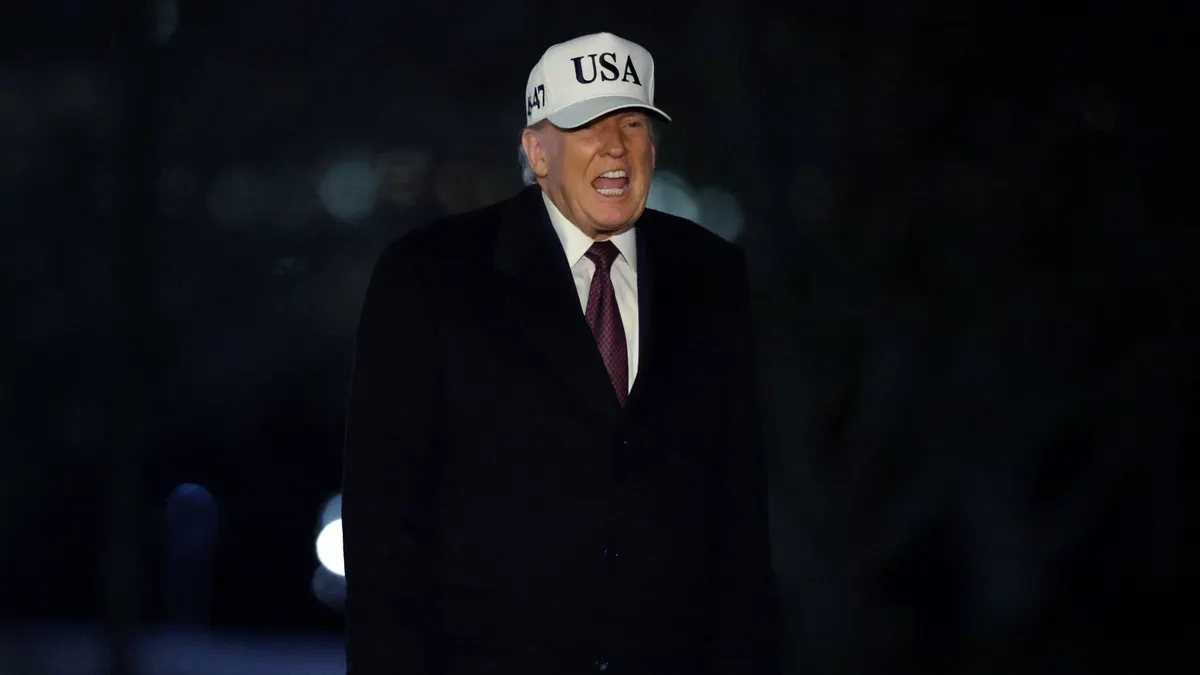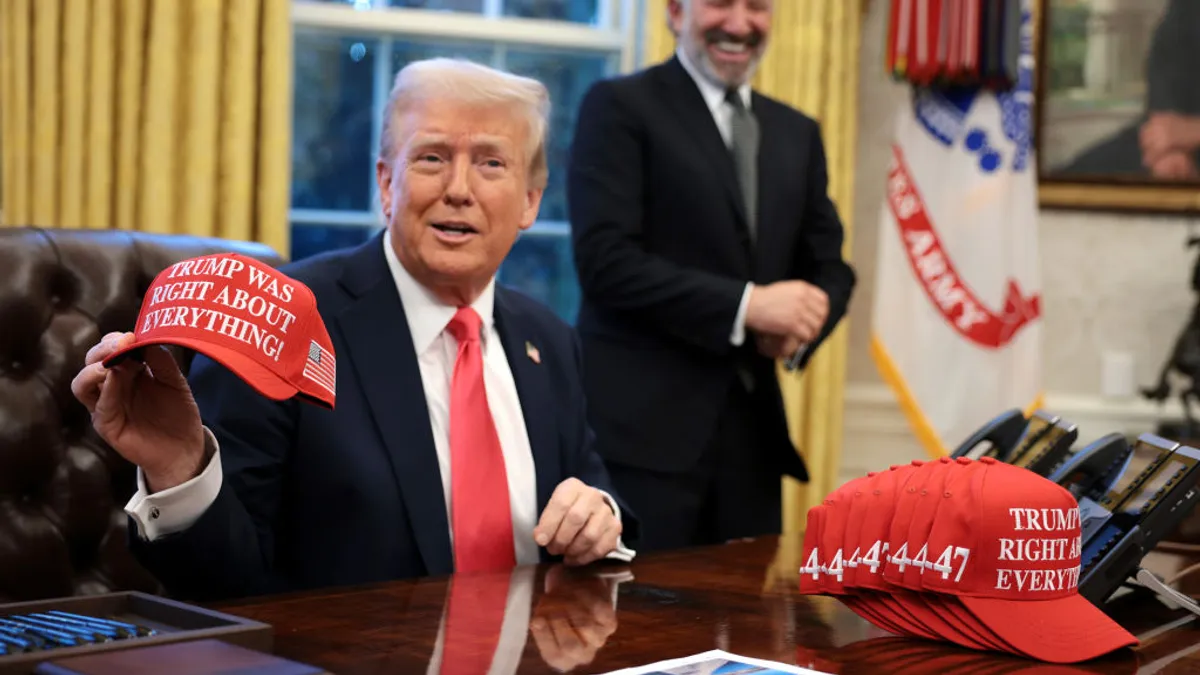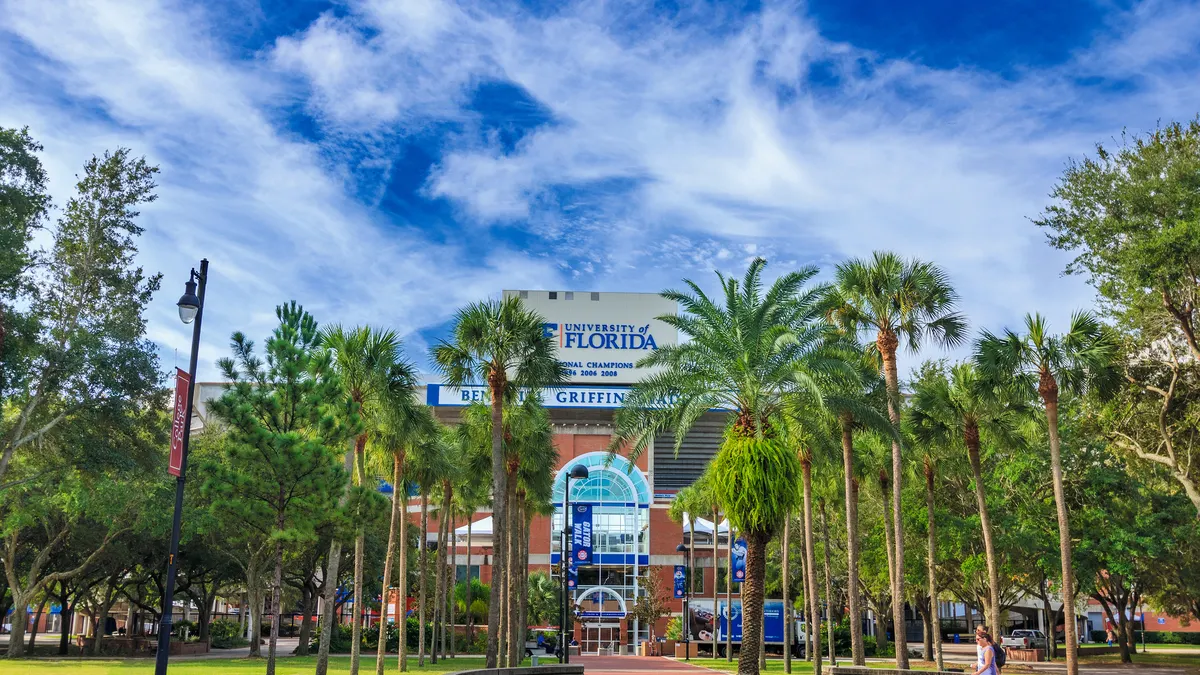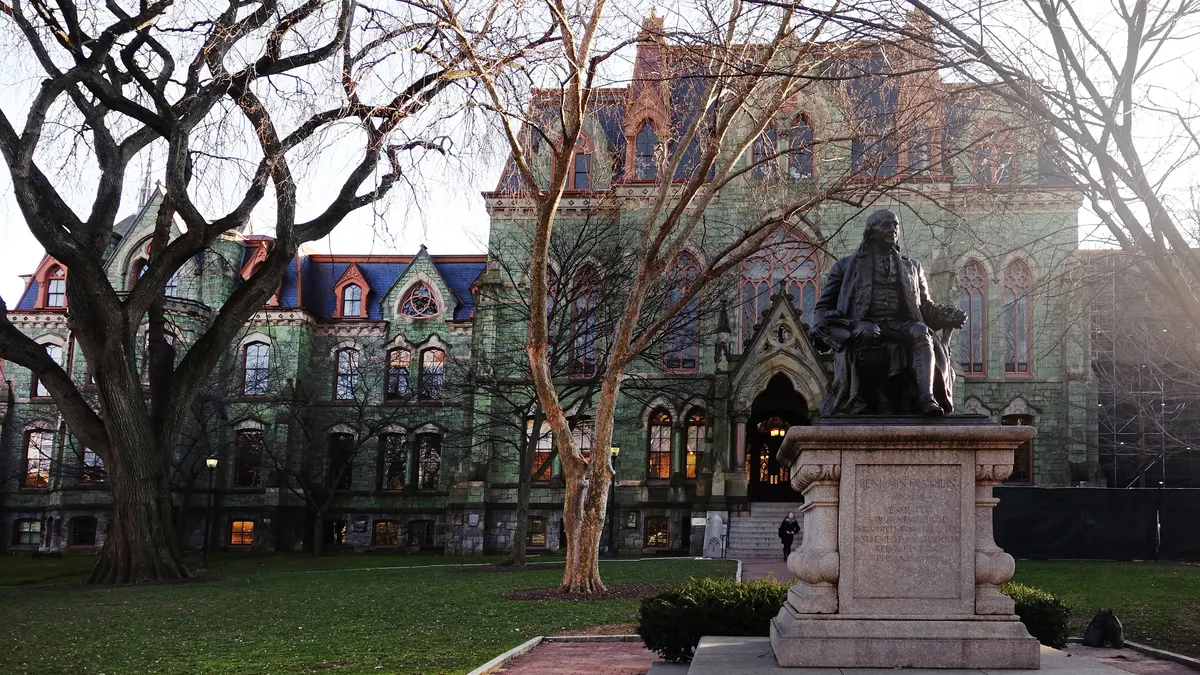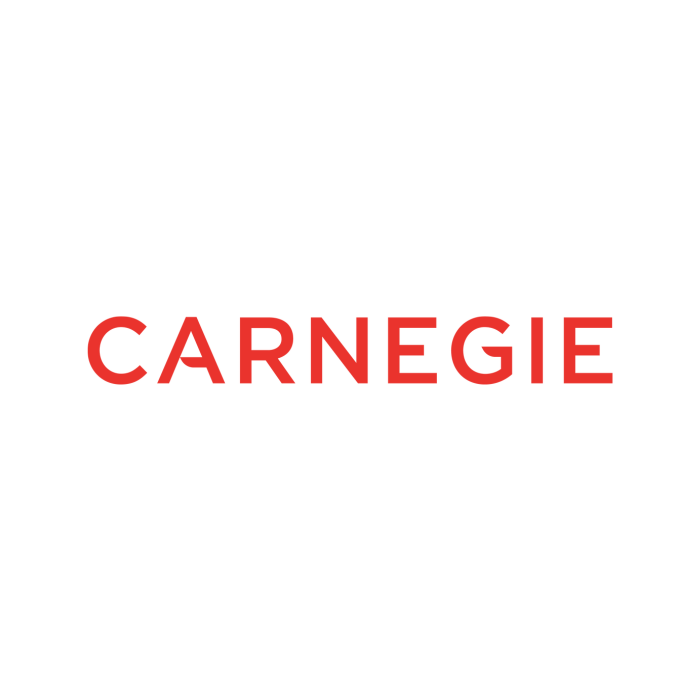In the hours and days following the University of Virginia's deal with the U.S. Department of Justice, the state's governor cheered the agreement while some faculty and Democratic lawmakers have accused the public flagship of submitting to the Trump administration and enabling it to exert further pressure on other colleges.
Under the four-page agreement, the DOJ will pause on five investigations in exchange for UVA's adoption of the agency's July guidance against diversity, equity and inclusion efforts. The public research institution, which had made DEI work a tentpole of its institutional mission in recent years, will also provide the DOJ with quarterly reports demonstrating its compliance.
The deal — the first the Trump administration has struck with a public college — could serve as a template moving forward, as the federal government takes other steps to exert control over the higher education sector.
‘A sad day for UVA’
UVA Interim President Paul Mahoney, who signed the bargain with the Trump administration, said that it came about "after months of discussions with DOJ" and input from the university's leadership, governing board and internal and external legal counsel.
The deal, he said in his late Wednesday announcement, is "the best available path forward" for UVA.
The university will review its practices and policies to make sure they comply with federal law, Mahoney said, adding that "some work remains to be done to satisfy fully the terms of this agreement."
"We will also redouble our commitment to the principles of academic freedom, ideological diversity, free expression, and the unyielding pursuit of 'truth, wherever it may lead,'" he said, quoting UVA founder Thomas Jefferson.
If UVA “completes its planned reforms prohibiting DEI” through Dec. 31, 2028, the DOJ will formally close its investigations, the agency said in a Wednesday press release.
Much of Mahoney's announcement focused on what the deal does not include, noting it doesn't require the university to pay the federal government or involve external monitoring. The deal also does not require UVA to admit wrongdoing, according to a university FAQ.
But some faculty quickly voiced concerns.
Kimberly Acquaviva, a nursing professor at UVA, shamed Mahoney and the university's governing board "for trading UVA's independence for federal favor."
"It's a sad day for UVA," she said on social media.
Another UVA professor, Walter Heinecke, called the deal "a wolf in sheep’s clothing" that will "increase the likelihood that there’s a climate of fear."
“It saddles the next president with expectations of monitoring that are highly problematic,” Heinecke told WVIR. “Which will in turn affect the way that faculty, students, staff think about what they can and cannot do."
UVA did not respond to questions Friday.
Lawmakers weigh in
Reactions from prominent lawmakers in Virginia — a contentious purple state with an election next month that could alter party control — have fallen along party lines.
Virginia Senate Majority Leader Scott Surovell, a Democrat, called the deal a “surrender” on UVA's part that has "significant constitutional problems."
The agreement "represents a huge expansion of federal power that Republicans have would have never tolerated in the past," he said Wednesday. "We have the right to run our universities."
Republican Gov. Glenn Youngkin — who faces a fight with a Democrat-controlled Senate committee over his picks for UVA's governing board — praised the agreement as "common sense and a fair deal" and said it embraces academic freedom and protects free speech.
All UVA must do, he said in a social media post, is "fully comply with federal civil rights law."
Under the deal, the university will also operate under the DOJ's wide-ranging DEI guidance. In addition to condemning race-focused scholarships and resources dedicated to specific racial or ethnic groups, the nine-page document warned colleges against using “facially neutral” criteria the agency deems to be proxies for federally protected characteristics, such as cultural competence.
Colleges or other institutions that violate the guidance, DOJ said, could lose federal funding.
But the directive could face legal challenges. Both its content and its threats to federal funding share similarities with a February missive from the U.S. Department of Education that has since been struck down.
UVA noted that it is only bound to the DOJ guidance “to the extent that it remains in force” by the judicial branch.
Democratic Sen. Chris Van Hollen, from neighboring Maryland, heavily criticized both the Trump administration and UVA.
"We need to call out those who cave to Trump's bullying, and that is exactly what UVA is doing here," he said on social media. "It's not just wrong — it's counterproductive, feeds the beast, and just encourages more mafia-like blackmail from this lawless administration."
U.S. Secretary of Education Linda McMahon congratulated the DOJ on Wednesday, calling the UVA agreement "another transformative deal in higher education."
"The Trump Administration is not backing down in our efforts to root out DEl and illegal race preferencing on our nation's campuses," she said in a social media post.
Timeline criticism
UVA’s Wednesday deal with the Trump administration came four months after its former president, Jim Ryan, abruptly announced his resignation on June 27.
Ryan faced pressure from the DOJ to resign over diversity initiatives enacted by the university during his eight-year tenure. In his announcement, Ryan said he chose to step down rather than risk the well-being of employees and students in the face of increased attacks from the Trump administration.
The new agreement between UVA and the Trump administration shows that the DOJ paused the five investigations it had into the university the day before Ryan stepped down.
The Jefferson Council, a conservative UVA alumni network dedicated to “preserving Thomas Jefferson’s legacy” at UVA, said Wednesday that the timing "raises more questions about the entire process.”
"It was never disclosed by UVA or anyone prior to today that the DOJ had suspended its investigations before Ryan resigned," it said in a social media post. The group has been highly critical of UVA in recent years and repeatedly questioned the integrity and transparency of its leadership.
Like the Trump administration, the council has sought to kill DEI efforts on UVA and has encouraged people to report any such activity they see on campus.


